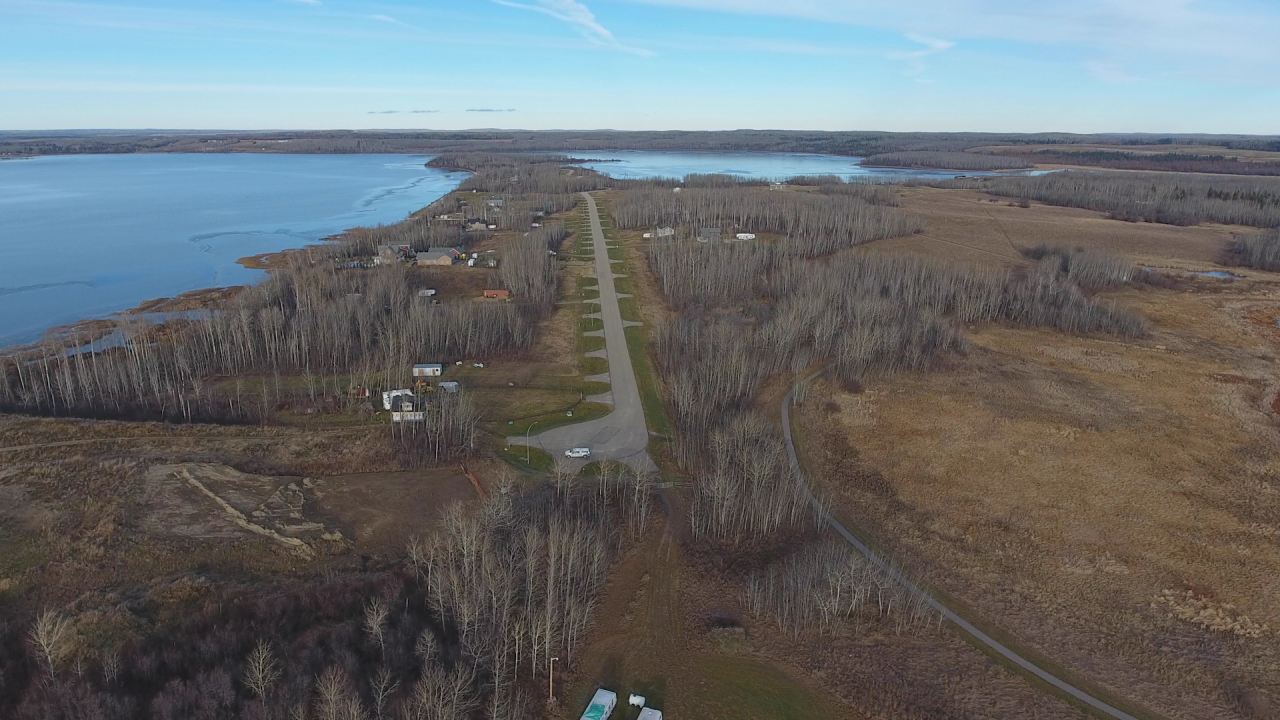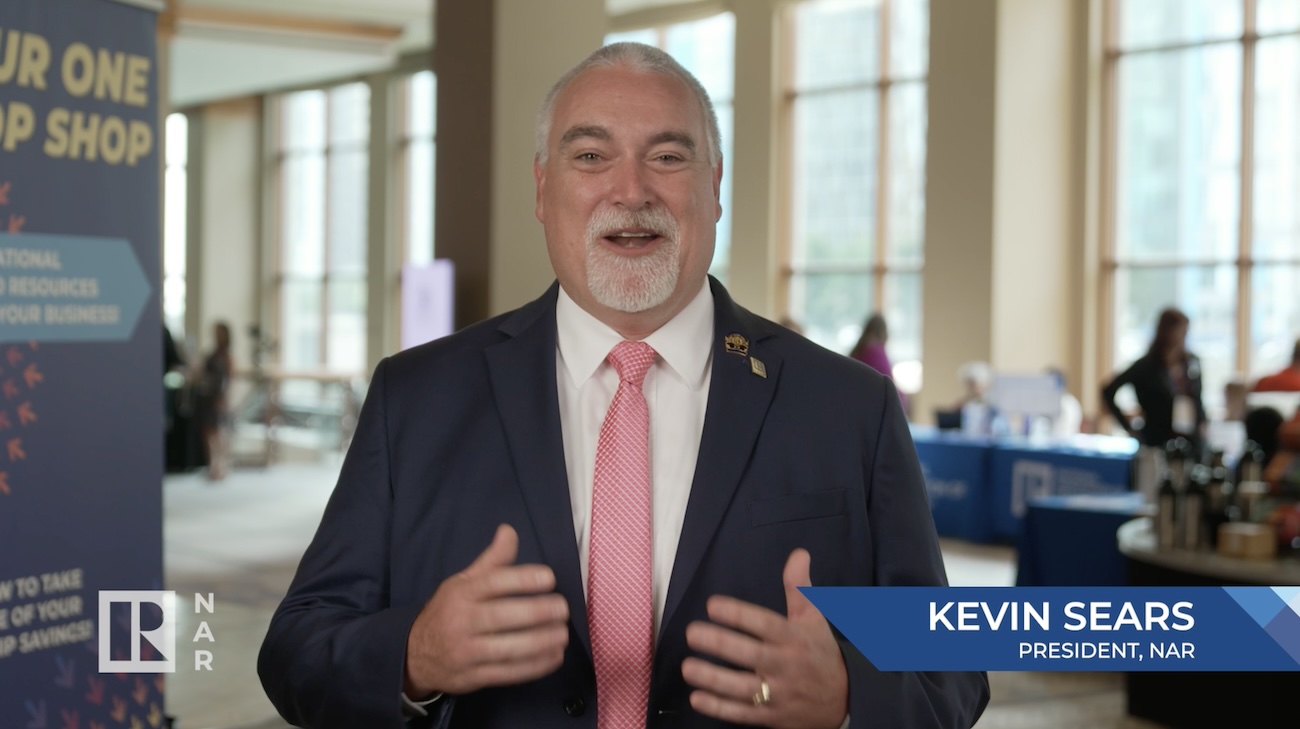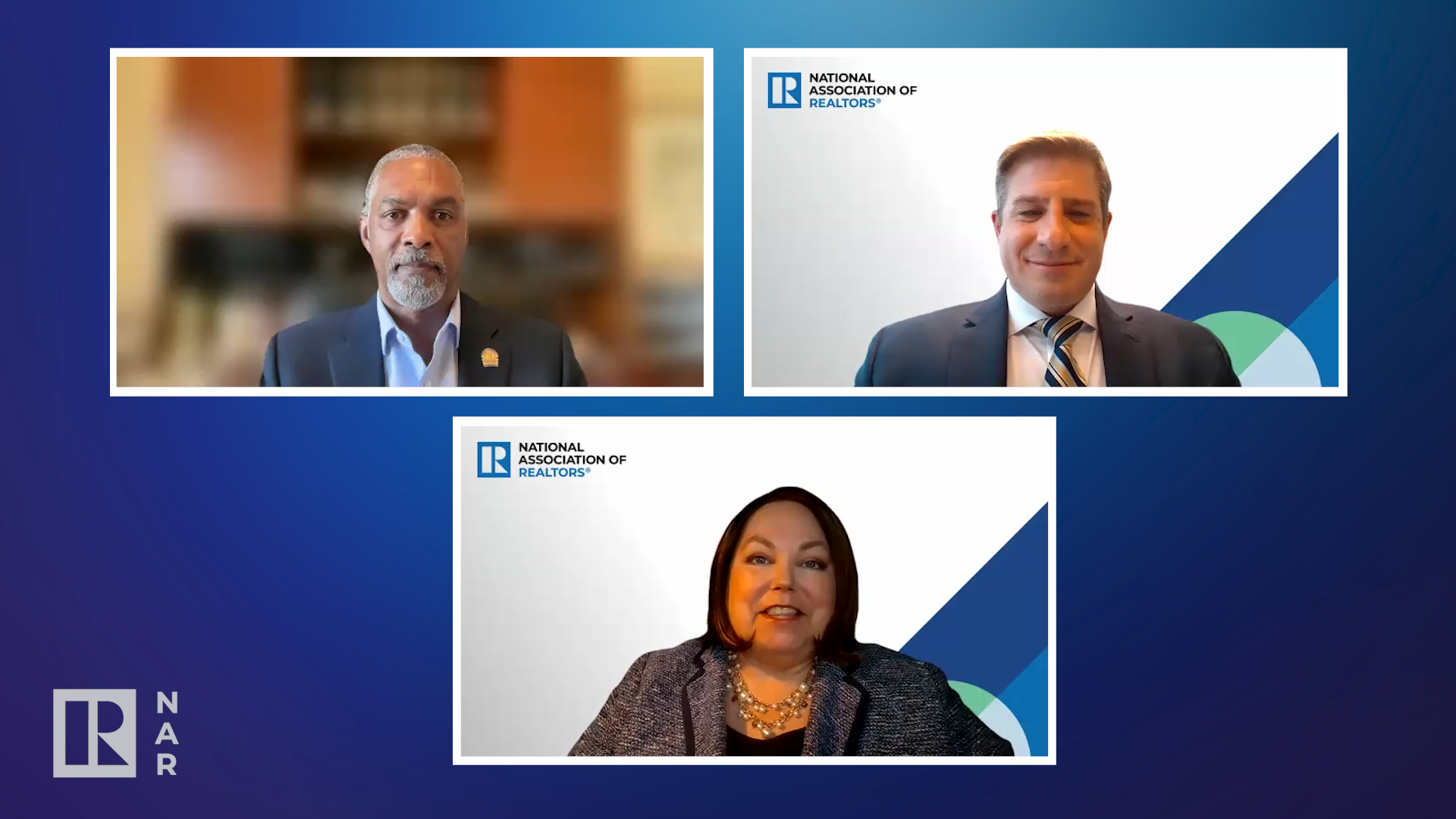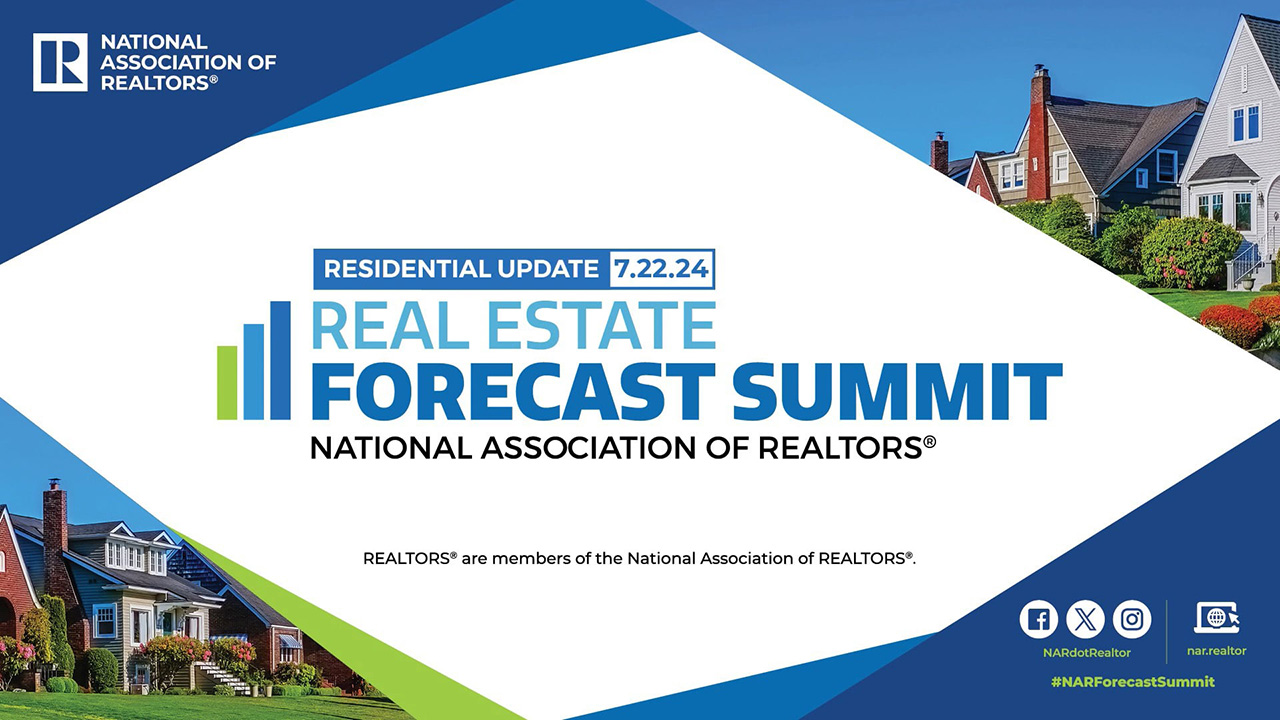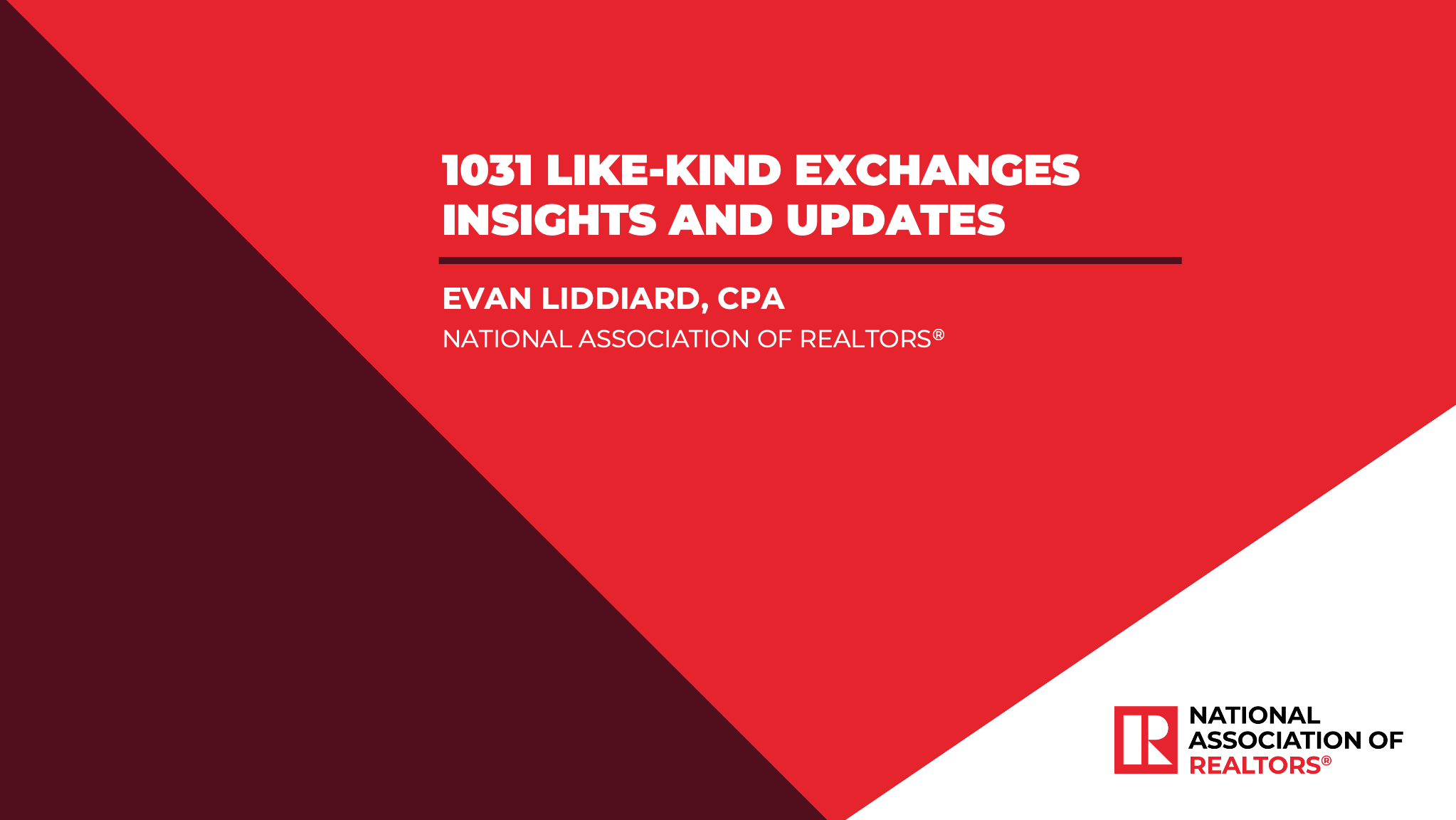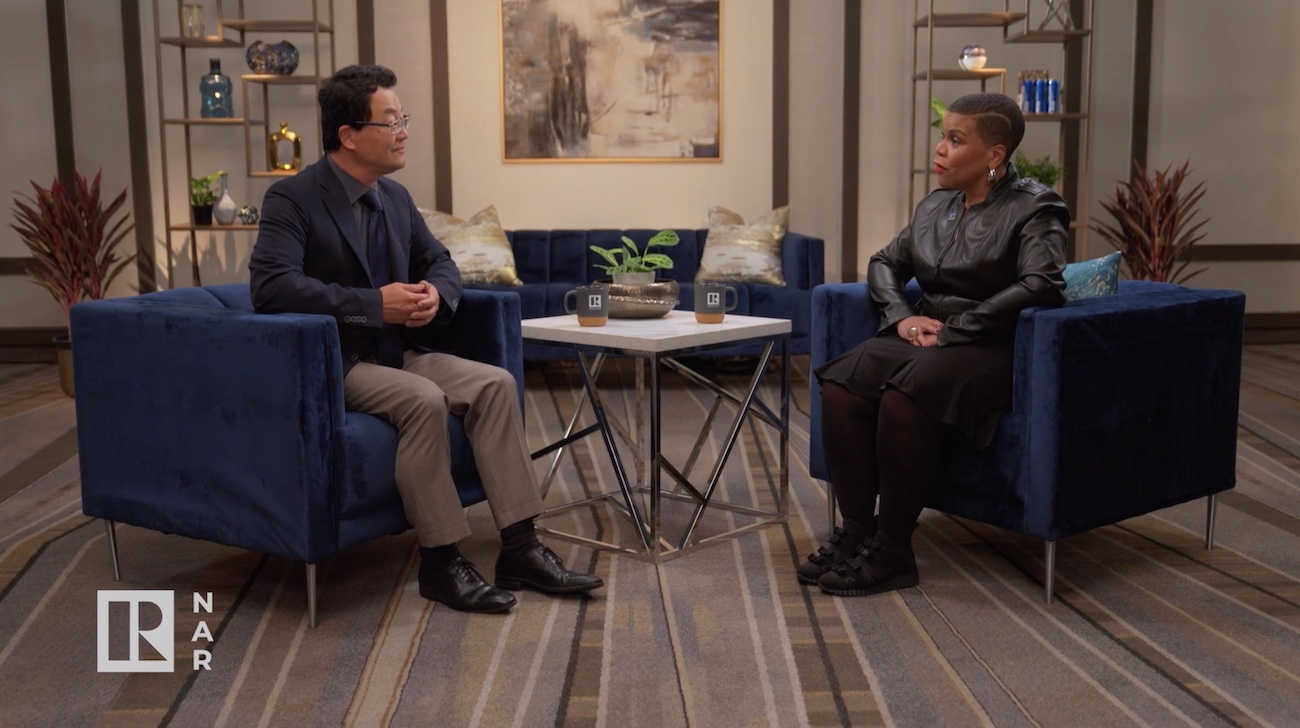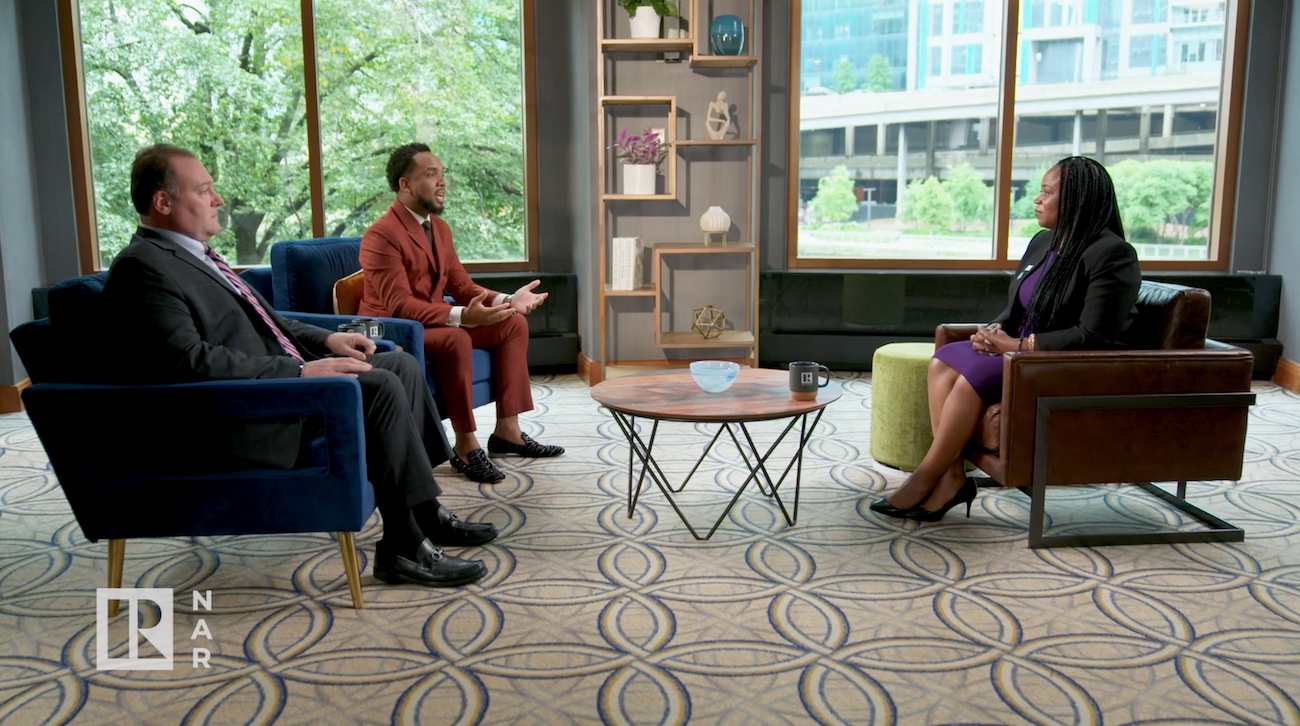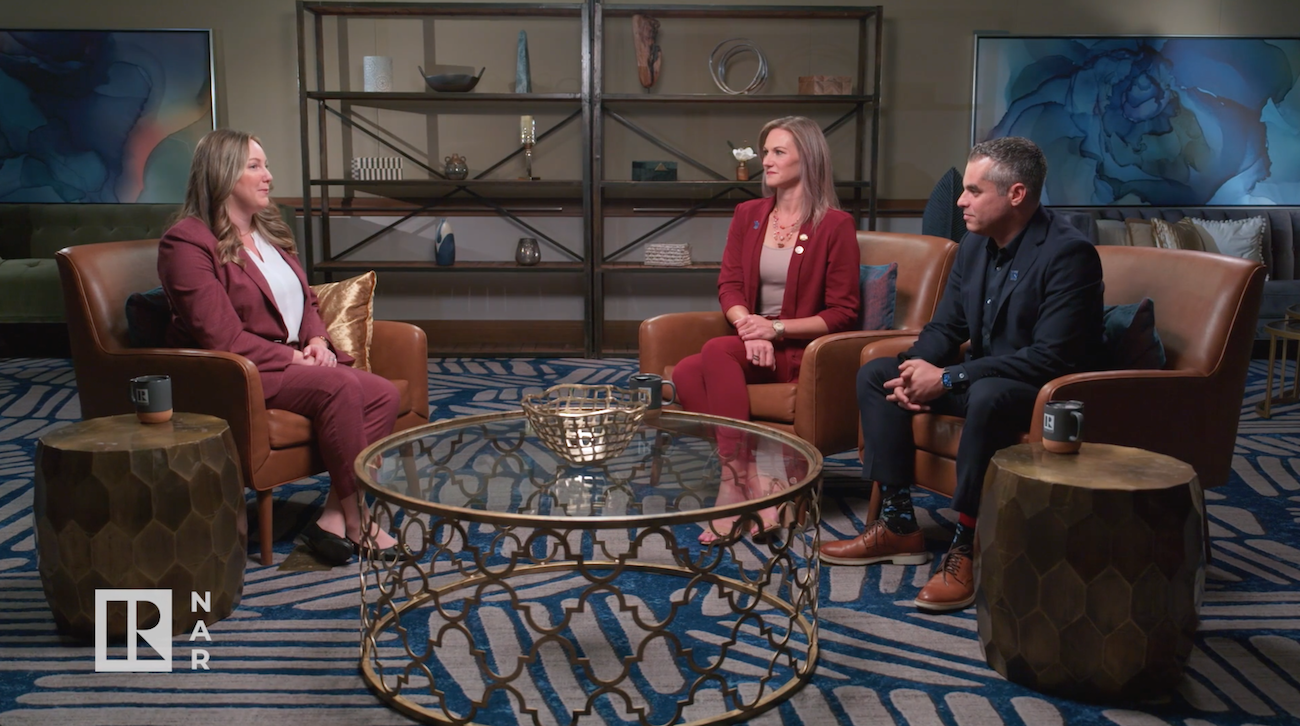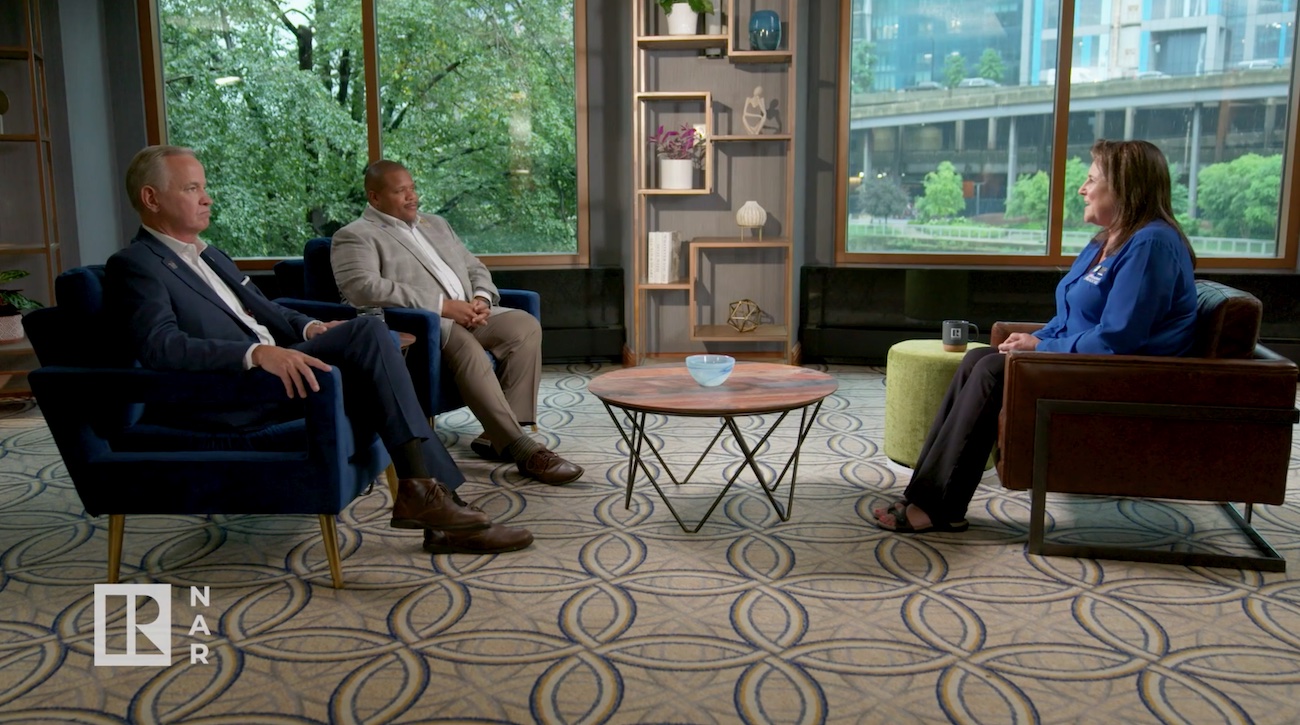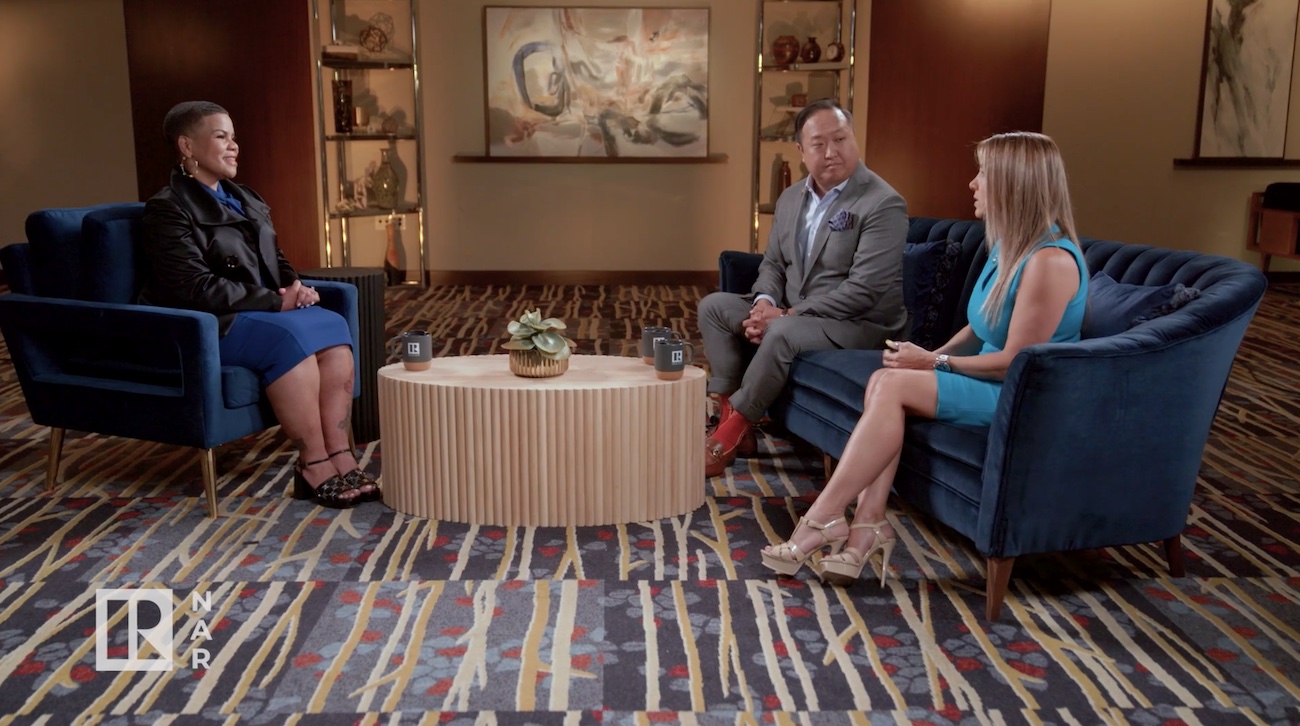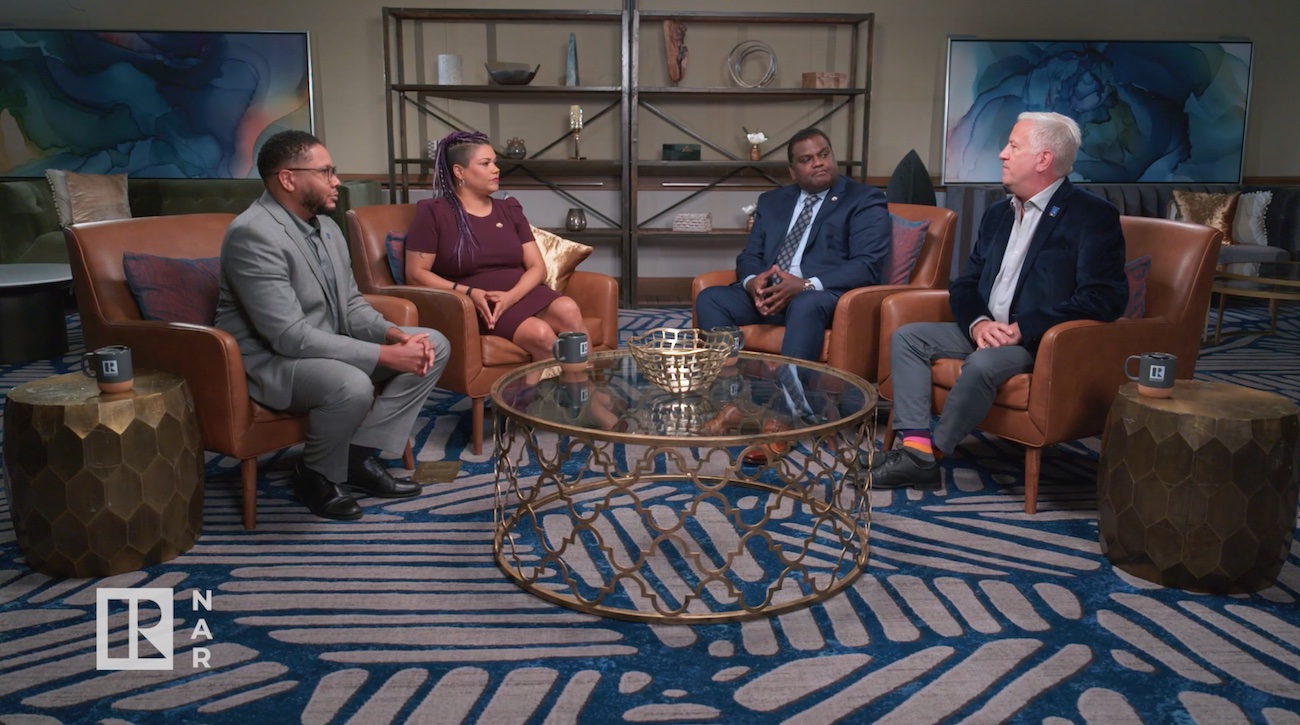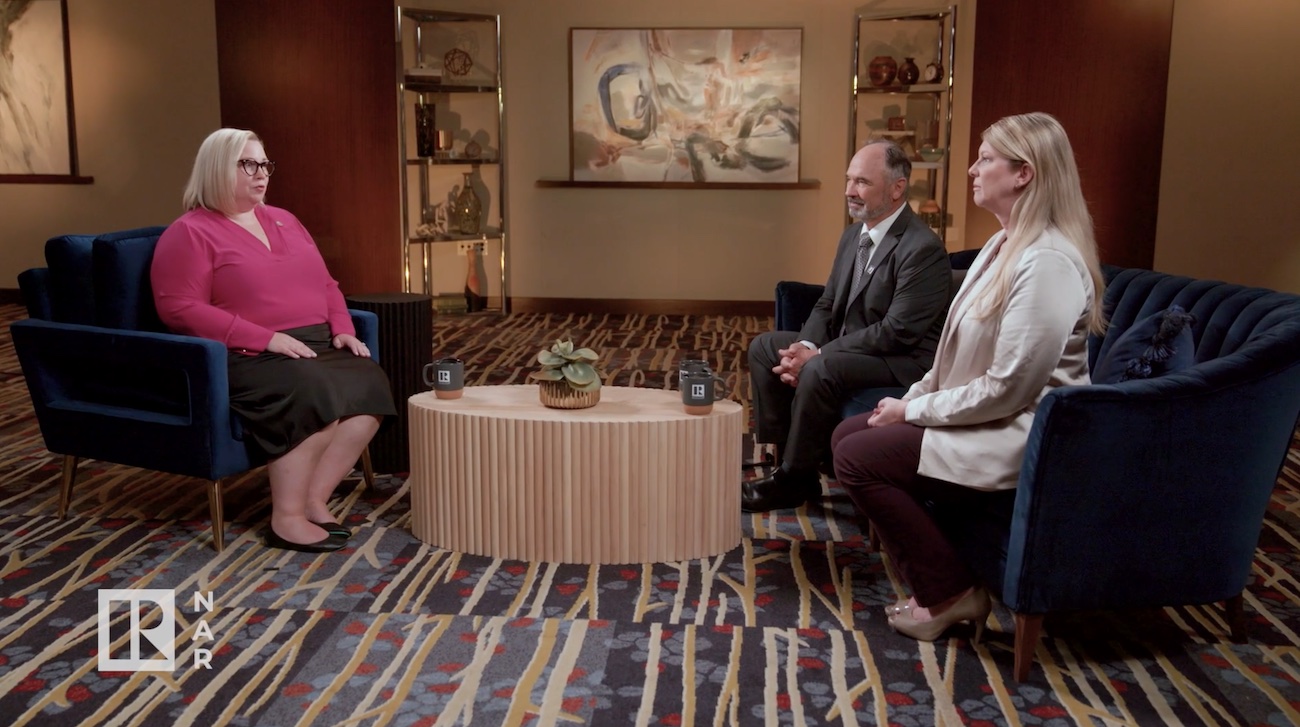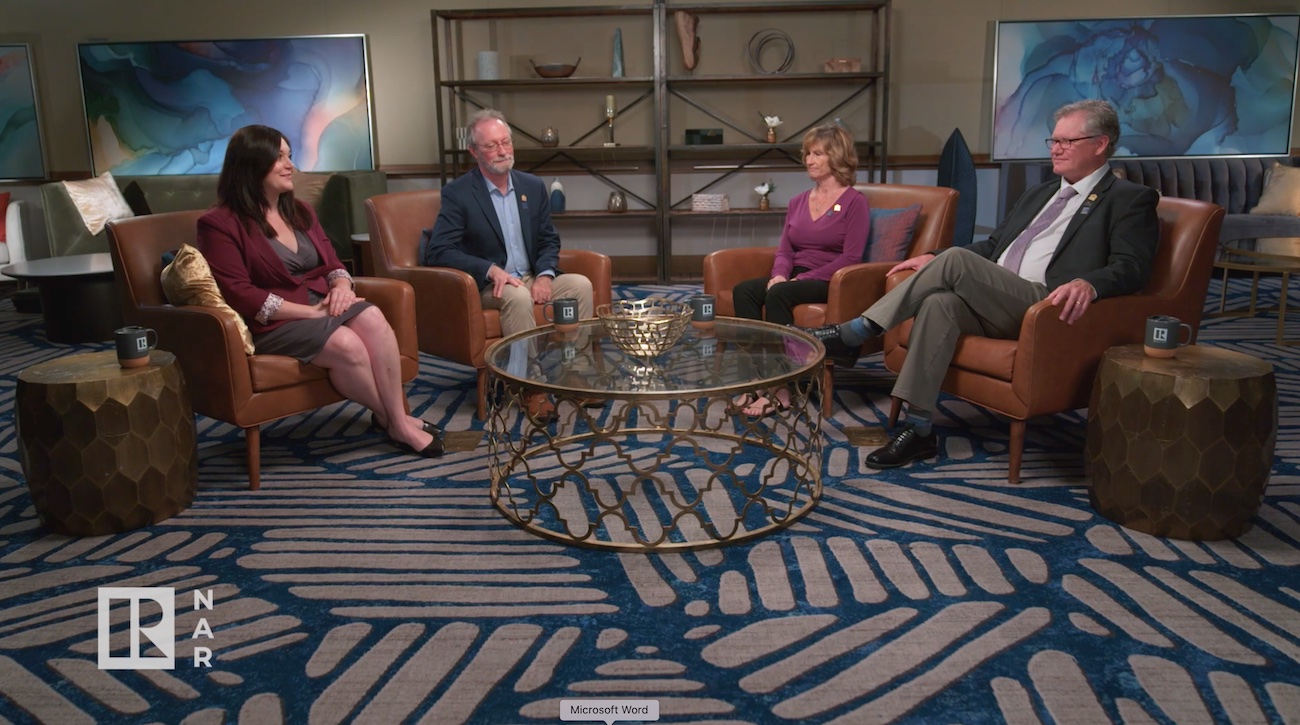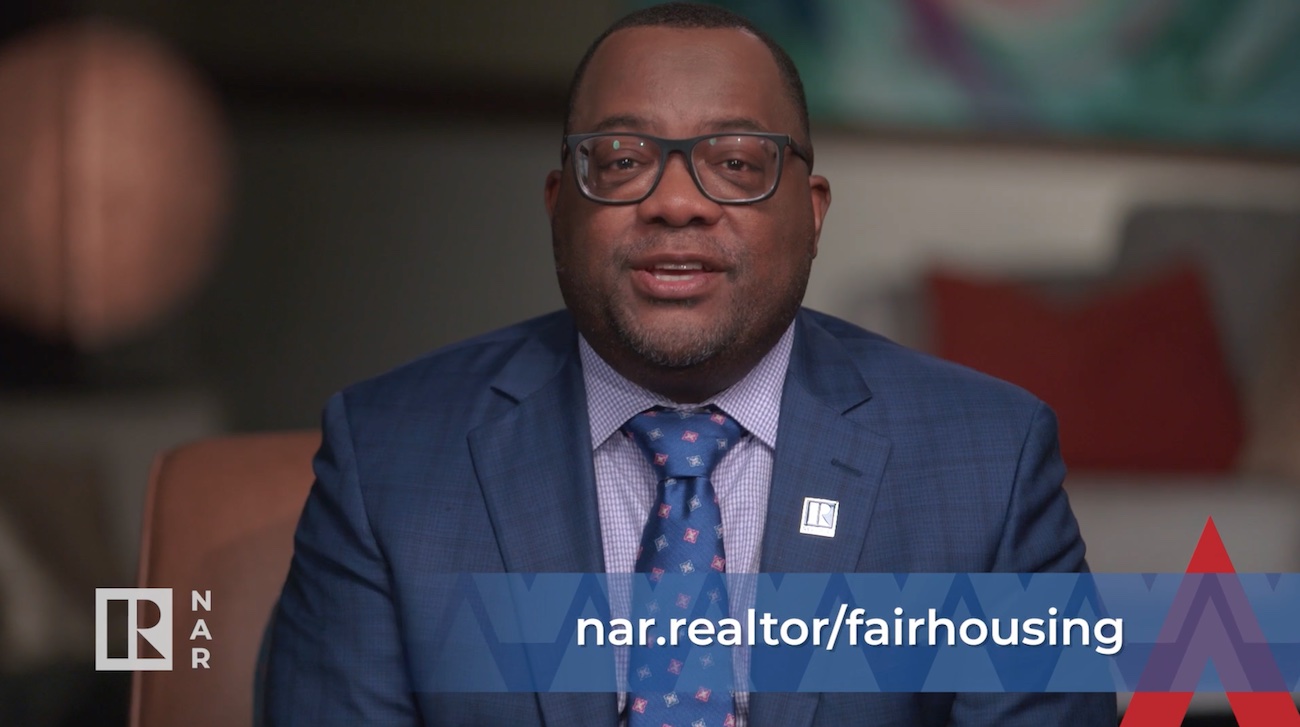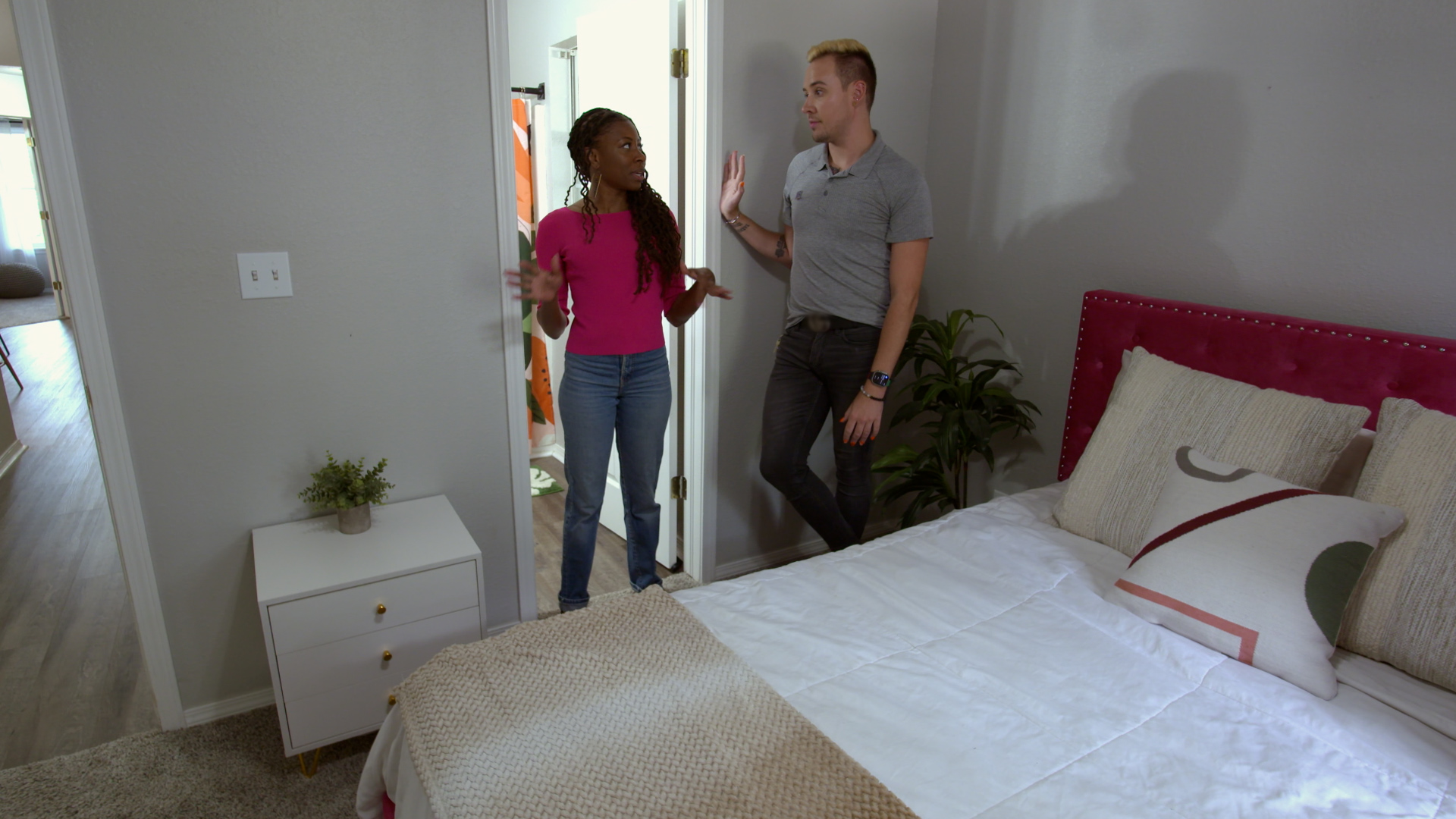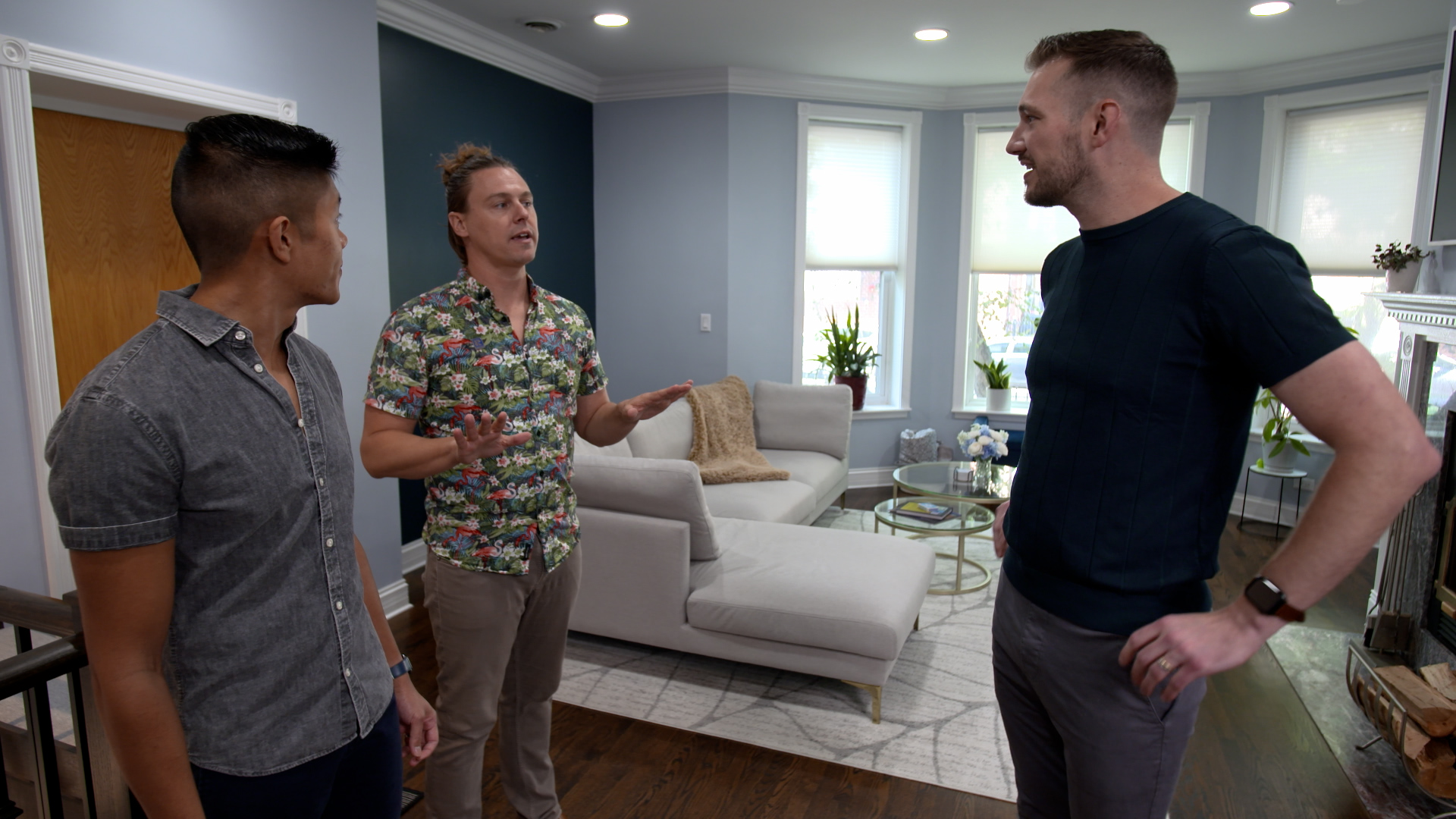Window to the Law: Avoiding Vacant Land Scams - Transcript
Hi, my name is Charlie Lee and I’m Senior Counsel and Director of Legal Affairs for NAR.
Vacant land scams have become an increasing problem, where potential buyers, property owners and real estate agents are defrauded. In this Window to the Law video, we will discuss how to identify these scams and best practices to help you AND your clients from falling victim to them.
Scammers begin by combing through public records to identify vacant parcels of land and properties free of mortgages and other liens. Once identified, the scammer poses as the property owner and tricks a real estate agent listing the property. For the agent, the deal seems too good to pass up. The seller is willing to sell below market value, the property generates great interest, and they’ll quickly accept an offer with a preference for a cash sale. They often don’t even want the agent to post a “For Sale” sign on the property, explaining that there are urgent circumstances. The imposter seller is typically out of state or even the country and will usually only communicate electronically. Once closing approaches, the scammer will request a remote closing using a remote notary. In some cases, they may even impersonate the notary and provide falsified documents. Unfortunately, the fraud usually isn’t discovered until after the money has been wired overseas to the scammer. These scams have defrauded buyers out of great sums of money, and left property owners and brokers and agents having to sort out the mess.
To avoid these scams, consider these recommendations:
First, be cautious if someone asks you to sell vacant property for less than its fair market value. And do your due diligence to verify that the purported seller is the actual property owner. For example, ask for multiple forms of identification and proof of ownership and request a face-to-face meeting. Test their knowledge about the property by seeking information that isn’t available in public records or information readily available online.
Second, conduct independent research to confirm the property owner. Look online for a recent photo and consider contacting their last agent or a neighbor. And try to verify the seller’s email and phone number.
Third, avoid having the seller arrange for the notary at closing. Instead, ensure that the notary is a vetted, independent, and approved remote online notary and confirm remote notarization is permissible in your state. Otherwise, allowing the title company to select the notary is always a good option.
Fourth, ask the seller to provide a copy of a voided check with a disbursement authorization form. And use a wire verification service to confirm accuracy of the account information and ownership.
Lastly, if you suspect that you’re involved in a vacant lot scam, contact law enforcement by filing a complaint at IC3.gov, and reaching out to federal, state, and local authorities. And work with your MLS to have the property listing removed and take down any advertisements about the property as quickly as possible.
Thank you for watching this episode of Window to the Law.














